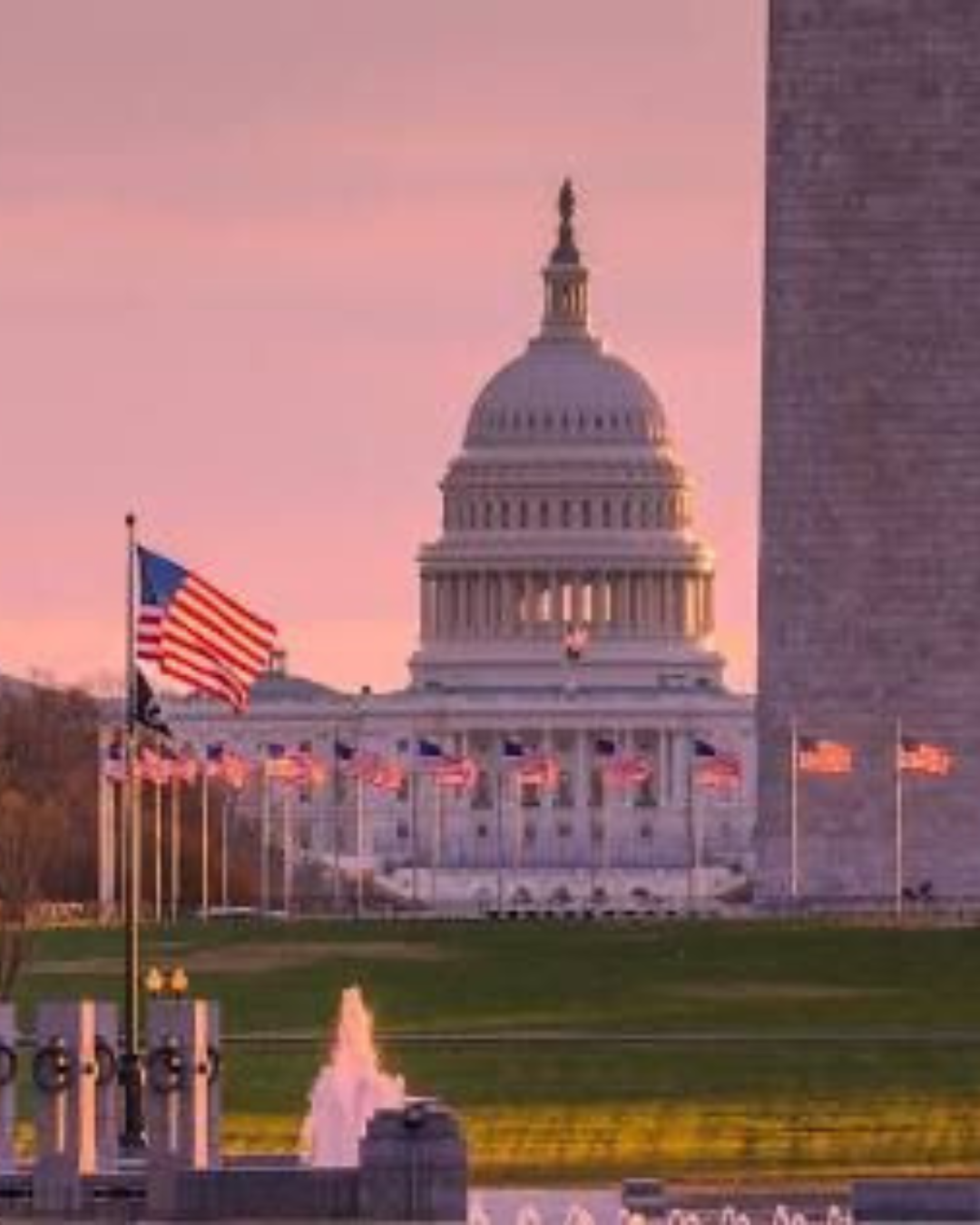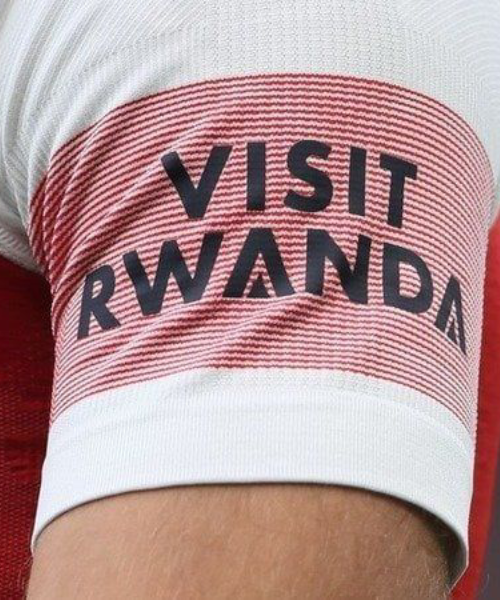As global leaders intensify efforts to broker peace between Russia and Ukraine, European Union officials are sounding alarms over proposals that would see Ukraine cede territory to the Kremlin. In a candid interview with the BBC, EU foreign policy chief Kaja Kallas warned that such concessions could play directly into Russian President Vladimir Putin’s hands.
“This is the trap Putin wants us to walk into,” Kallas said, referring to suggestions that Ukraine relinquish control of the contested Donbas region in exchange for peace. “Russia hasn’t made one single concession.”
Her remarks come amid renewed diplomatic activity, with EU leaders joining Ukrainian President Volodymyr Zelensky at the White House last week for talks hosted by former U.S. President Donald Trump. The summit followed Trump’s controversial meeting with Putin at a military base in Alaska, which critics say emboldened the Russian leader.
Trump has floated the idea of “territory swapping” as a pragmatic solution to end the war, a proposal that has drawn sharp criticism from Kyiv and Brussels alike. Ukraine has consistently rejected any deal that involves surrendering land, particularly in Donbas, where over 1.5 million Ukrainians have been displaced by Russian aggression over the past decade.
Zelensky, speaking to reporters on Thursday, accused Moscow of deliberately avoiding direct talks. “Current signals from Russia are, to be honest, indecent. They don’t want to end this war,” he said.
Kallas emphasized the need for “credible and robust” security guarantees for Ukraine, though she admitted that concrete steps remain elusive. “The strongest security guarantee is a strong Ukraine army,” she said, urging EU member states to clarify their contributions to a future deterrent force.
Zelensky echoed the urgency, calling on Western allies to define the architecture of security guarantees within the next 7 to 10 days. “We need to understand which country will be ready to do what at each specific moment,” he said.
The Alaska summit has raised concerns among European leaders that Putin may feel no pressure to negotiate. “He got everything he wanted,” Kallas said, noting the absence of new sanctions and the warm reception Putin received. “He’s not stopping the killing—he’s increasing it.”
French President Emmanuel Macron described Putin as “a predator, and an ogre at our doorstep,” while Finnish President Alexander Stubb warned that the Russian leader is “rarely to be trusted.” Both leaders joined Zelensky at the White House peace talks, underscoring Europe’s unified skepticism.
As negotiations stall, Russia continues its military campaign. On Thursday, airstrikes hit eleven locations across Ukraine, including Lviv near the Polish border, killing at least one and injuring more than a dozen. Zelensky condemned the attacks, saying they reflect Russia’s disregard for global peace efforts.
Meanwhile, Trump has set a two-week deadline to evaluate the progress of peace talks. “After that, we’ll have to maybe take a different tack,” he told Newsmax.
With diplomatic channels open but trust eroding, the path to peace remains fraught. EU officials warn that territorial concessions could legitimize aggression and destabilize the region further. Ukraine insists on sovereignty and accountability, while Russia’s intentions remain opaque.
As Zelensky put it, “We are willing to meet in any format—but there is still no sign that Moscow truly intends to engage in substantive negotiations.”
The coming weeks may prove decisive. Whether the international community can forge a durable peace—or fall into what Kallas calls “Putin’s trap”—will depend on clarity, unity, and the courage to confront uncomfortable truths.











